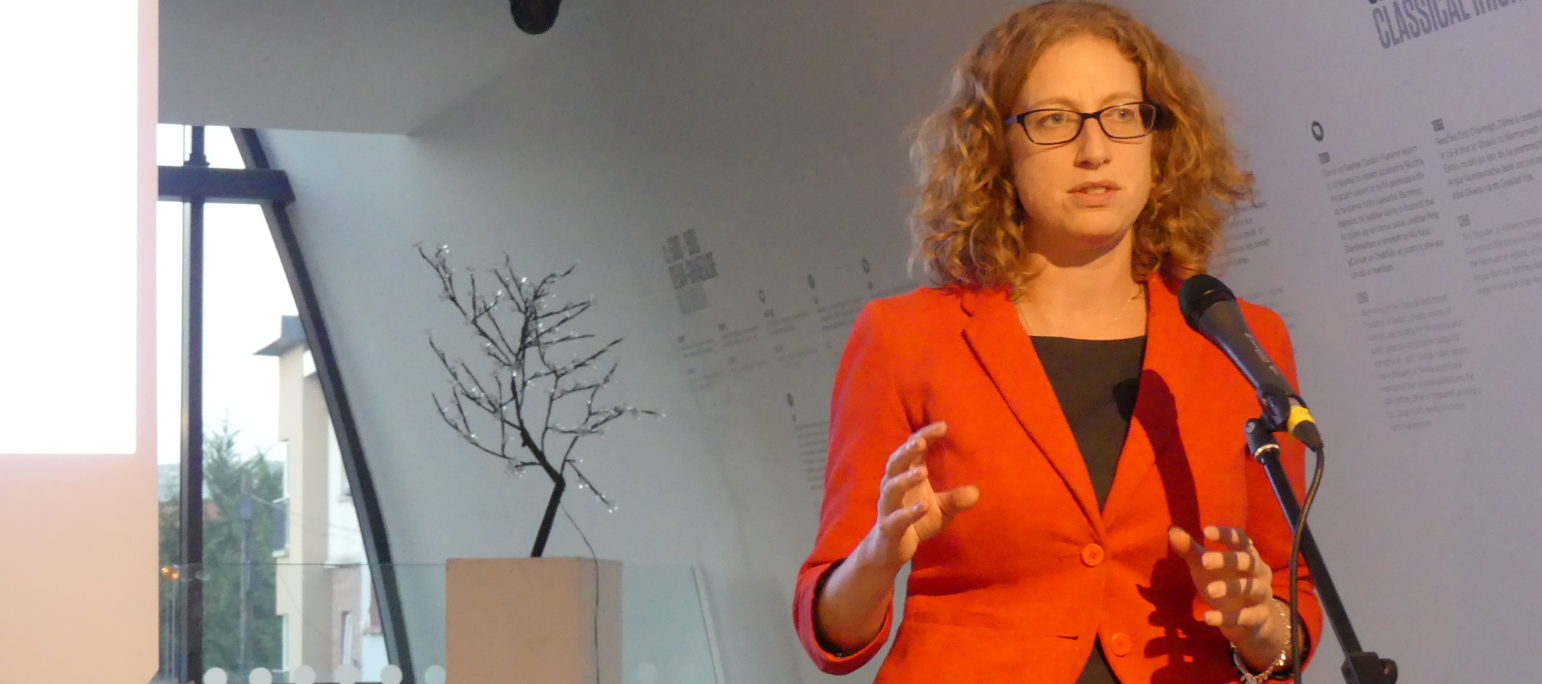
A New Path for Doubling the Size of the Co-operative Sector
A lively discussion on the New Economics Foundation report “Co-operative Unleashed – Doubling the size of the UK’s Co-operative Sector” was hosted by Co-operative Alternatives in October in Belfast.
Claire McCarthy, General Secretary of the Co-operative Party and Paul Gosling, co-operative analysist with Tiziana O’Hara, Co-operative Alternatives shared their views on how to promote the co-operative sector.
Claire McCarthy described the report’s five steps to create a co-operative economy. 1. A new legal framework; 2. Finance that serves the co-operative agenda; 3. Deepening co-operative capabilities through a Co-operative Development Agency; 4. Transforming business ownership; 5. Accelerating community wealth building initiatives. Claire’s overview encouraged the debate on what type of growth do we envisage and how we can stimulate it in Northern Ireland.
The report calls for a Co-operative Development Agency in Northern Ireland with Government backing as we see them in Wales and Scotland.
A recommendation supported by Co-operative Alternatives, a co-operative development body in the region, that firmly believes in specialised and specific support for the emerging and established co-operative sector. Tiziana O’Hara highlighted the impact they had in the past five years in promoting and supporting co-operatives in NI when they engaged with 332 groups, delivered 70 workshops, dealt with 470 enquiries and were able to set up 3 times more co-operatives than the five years preceding their inception.
Co-operative Alternatives also supports the need to look at the legal framework for co-operatives. Having recently lost the capacity to register co-operatives in Northern Ireland (the Registry function was transferred to the FCA in June 2018), Co-operative Alternatives’ concerns are now about modernise current legislation and influence local economic strategies.
Growth of the sector means appropriate finance and with the end of a very successful regional community shares programme with over £709,000 raised in share capital, Co-operative Alternatives still support forms of patient capital such as community shares but it is still the only voice, since the current trend in the region seems to favour debt finance.
Paul Gosling recalled his days as a co-operative development practitioner describing cases that resonates as true then as they are now. Building skills and capacity for co-operation is still a priority, even a necessity, if we intend to build an economy on co-operative principles and values.
“By focusing exclusively on co-operatives” Tiziana O’Hara concluded “the discussion became quickly fruitful and illuminating. It connected the challenges of local co-operatives to the opportunities now offered by a co-operative movement with a clear agenda for doubling the size of the sector.”

 Happy New 2024!
Happy New 2024!  Upcoming FREE Co-operative Training 2024 - January
Upcoming FREE Co-operative Training 2024 - January  Upcoming FREE Co-operative Training 2024 - February
Upcoming FREE Co-operative Training 2024 - February